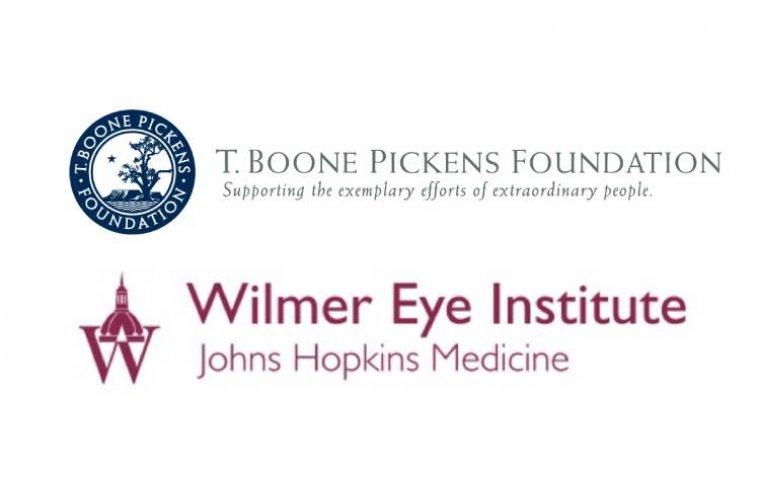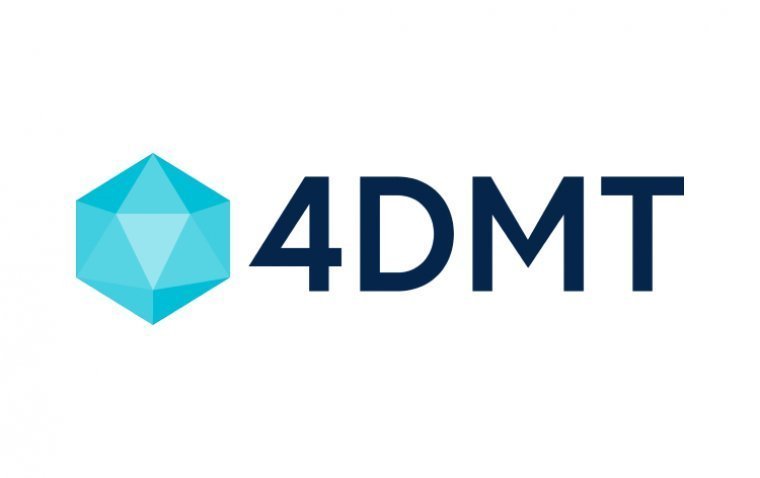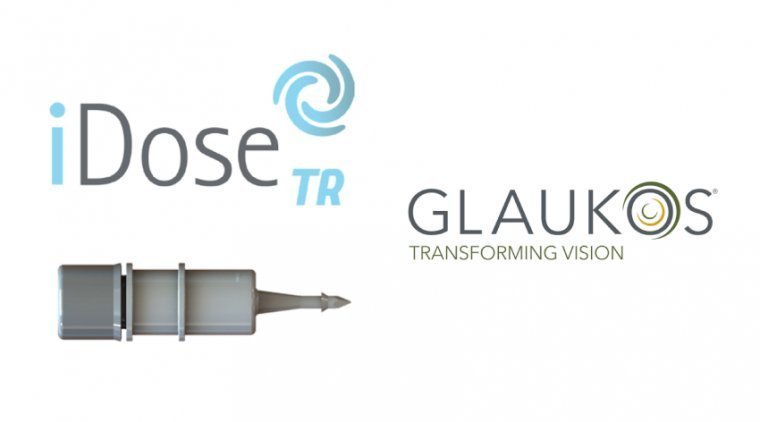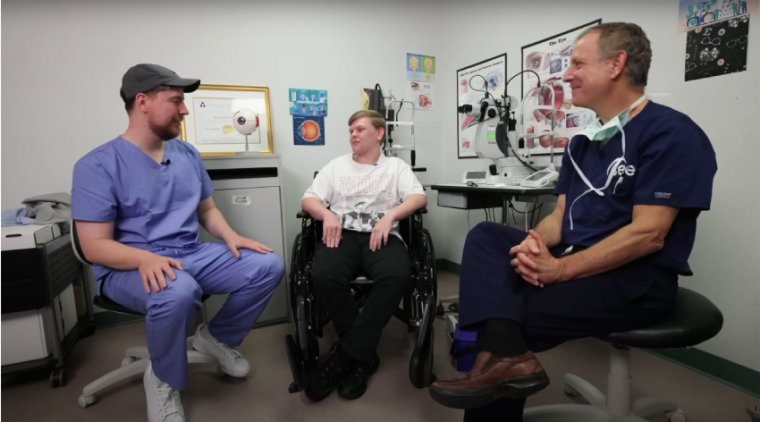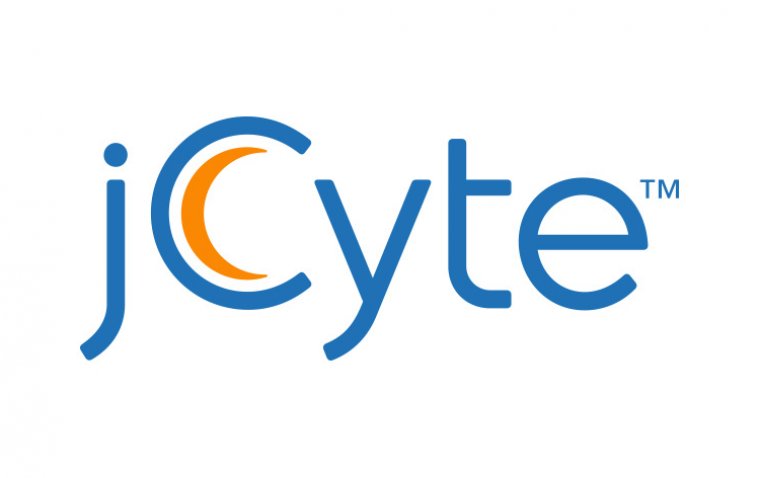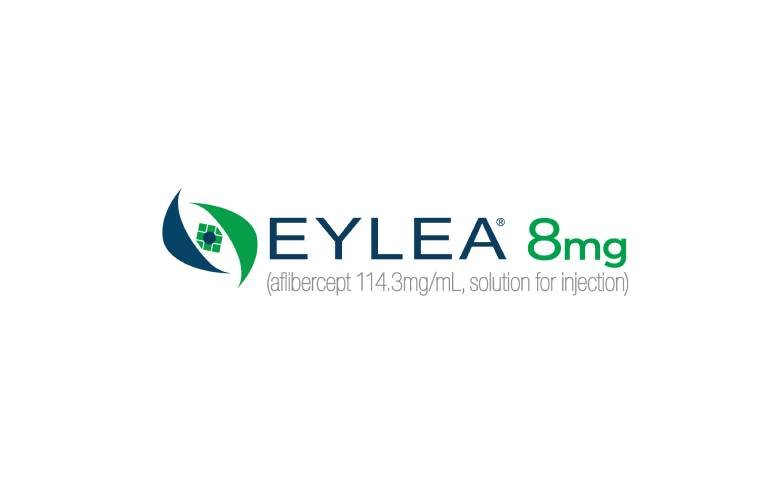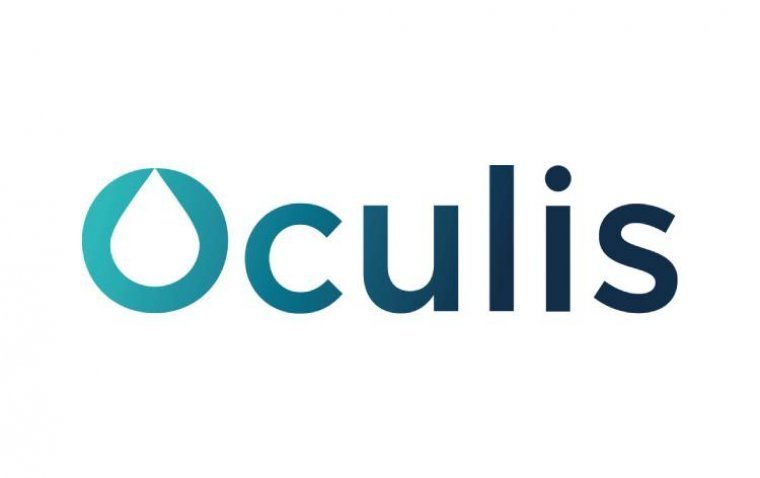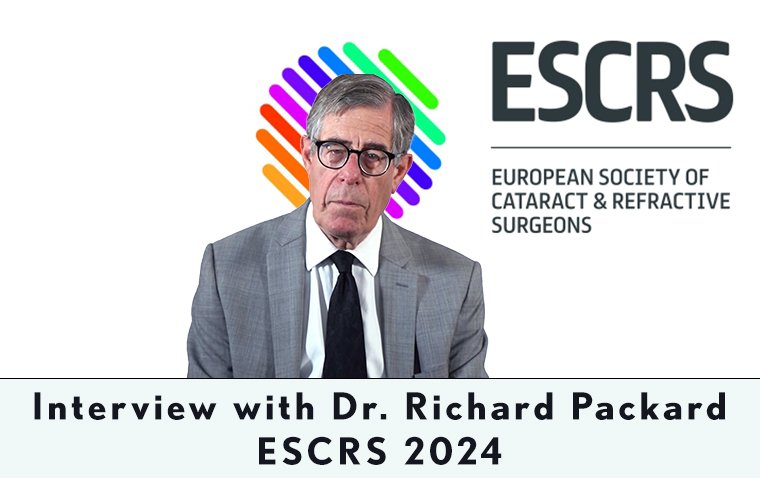
ESCRS 2024: Insights From Ophthalmic Leaders with Dr. Richard Packard
Dr. Richard Packard, who retired as Senior Consultant at Arnott Eye Associates in London in 2022, has had a distinguished career in ophthalmology. Before his tenure at Arnott Eye Associates, he served as a surgeon at the internationally renowned Prince Charles Eye Unit in Windsor, England.
Dr. Packard qualified as a doctor in 1970 from the Middlesex Hospital Medical School. Following his residency at Moorfields Eye Hospital, he took on the role of Senior Registrar at Charing Cross Hospital in December 1978, working under Eric Arnott, the pioneer who introduced phacoemulsification to Europe. By 1979, Dr. Packard began performing phacoemulsification himself.
In 1981, he made a significant contribution to medical literature by publishing the first description of using a folded soft lens in cataract surgery.
Throughout his career, Dr. Packard has been dedicated to teaching phaco techniques and has played a vital role in developing new intraocular lenses, phaco machines, and other ophthalmic instruments. His expertise has been shared globally, with lectures delivered in over 60 countries.
Dr. Packard served on the ESCRS board from 1999 to 2007 and has chaired the ESCRS Video Competition Judging Panel since 2000. He is an active member of the society’s Education Committee and leads the Cataract Surgery Didactic Course.
His contributions have been recognized with numerous named lectures, including the IIIC Medal Lecture in 2014, the ESCRS Binkhorst Lecture in 2015, the Fyodorov and King Khaled Memorial Lectures in 2018, and the UKISCRS Choyce Medal Lecture in 2021.
In 2018, Dr. Packard was honored as a Guest of the American Society of Cataract and Refractive Surgery. He also co-authored two significant publications with Lucio Buratto: The History and Evolution of Modern Cataract Surgery in 2019 and The History of Refractive Surgery in 2020.
Interview with Richard Packard
Q1: Congratulations on being selected for the Heritage Lecture at ESCRS 2024! What does this honor mean to you personally, and what can attendees expect from your lecture?
Dr. Richard Packard: It is always an honour to be selected by one’s peers to give a prestigious lecture like the ESCRS Heritage Lecture. I shall join a distinguished group of medallists in September in Barcelona. My lecture will trace the story of Charlie Kelman’s invention of phacoemulsification, his struggles to get his innovation recognized by the ophthalmic establishment, and the eventual realization of this technique as the standard of care for cataract surgery. I knew Charlie Kelman well and spent much time with him over the years.
Q2: What can attendees expect from your Heritage Lecture 2024?
Dr. Richard Packard: It is now 20 years since Charlie Kelman died. It has become apparent to me that any ophthalmologist under 40 years of age has never heard of Charlie Kelman. They seem to think that phacoemulsification arrived fully formed one day. For this reason, I thought that talking about the history of phaco and the trials and tribulations therein would be of interest. I will highlight how the very idea of phaco arose, how it was taught to ophthalmologists, and the extraordinary and vitriolic reaction to it in the early days. It took 25 years from Kelman's first phaco for the operation to become mainstream across the globe. I feel proud to have been part of that from my first phaco at the beginning of 1979.
Q3: Looking ahead to ESCRS 2024, what sessions or topics are you most looking forward to, and why? How do you think these discussions will influence the future direction of cataract and refractive surgery?
Dr. Richard Packard: I will be checking the free papers to see what is new out there in IOL design and phaco technology. The Ridley Medal Lecture will definitely be on my list of talks to attend.
Q4: Throughout your career, you've witnessed significant advancements in surgical techniques and technology. Can you highlight a particular innovation that you believe has had the most transformative impact on cataract surgery outcomes?
Dr. Richard Packard: Without a doubt, phacoemulsification and all that goes with small incision cataract surgery.
Q5: With your extensive experience in developing new intraocular lenses and phaco machines, what do you consider the most exciting advancements in intraocular lens technology today?
Dr. Richard Packard: The newer enhanced monofocals and non-diffractive EDOF IOLs are transforming surgeons' use of multifocal lenses. However, we still need a truly accommodative lens.
Q6: Your contributions to the field extend beyond clinical practice to research and education. What motivates you to maintain such a diverse and active role in ophthalmology?
Dr. Richard Packard: My career in ophthalmology began when very few surgeons were even using an operating microscope, let alone putting in IOLs. At Moorfields, as a resident, I saw no IOLs in the mid to late 1970s. We didn’t wear gloves for cataract surgery. At the end of 1978, I moved as senior resident to Charing Cross Hospital in London. On my first day, there was a phaco and IOL course going on. Within a month, I had done my first IOL and phaco. I was entranced by the technology and have never looked back. I continue to be passionate about advancing cataract surgery and its outcomes for our patients.
To conclude the insightful interview with Dr. Richard Packard, it's clear that his remarkable contributions to ophthalmology continue to inspire and shape the future of the field. His reflections on the evolution of phacoemulsification and his dedication to advancing cataract surgery offer valuable lessons for both current and future ophthalmologists. As we look forward to ESCRS 2024, Dr. Packard's legacy reminds us of the importance of innovation, education, and passion in pushing the boundaries of eye care.
(1).jpg)
